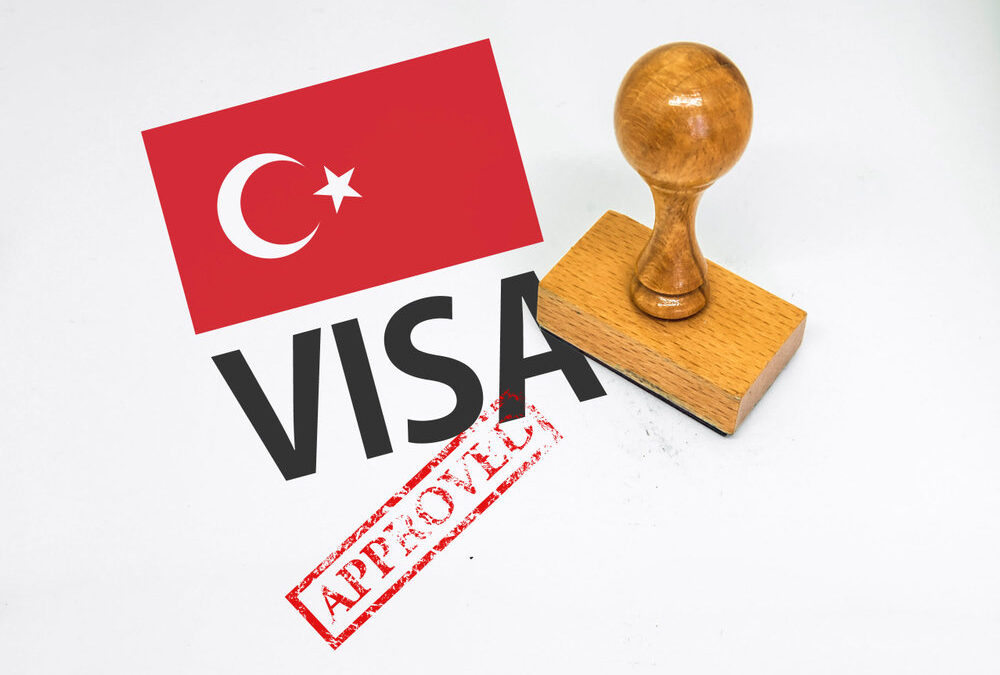Turkey stands as one of the most fascinating travel destinations in the world, blending culture, history, and natural beauty in a way few other countries can. Travelers from across the globe now benefit from modernized visa systems that make entering the country much more convenient. For most visitors, the eVisa for Turkey provides a simple and quick application process, while the Emergency Visa for Turkey is designed for those who need urgent travel approval. Understanding both options can help travelers choose the right path and ensure a smooth entry into Turkey.
Understanding the eVisa for Turkey
The eVisa system is a digital alternative to the traditional visa application process. Instead of visiting an embassy or consulate, travelers can complete the entire process online in a matter of minutes. After submitting personal details, passport information, and travel dates, the application is processed quickly, and the approved eVisa is sent directly to the applicant’s email. This document can then be presented upon arrival in Turkey. The introduction of the eVisa has simplified travel procedures and made Turkey more accessible for millions of visitors.
Eligibility for the eVisa
The eVisa is available to citizens of many countries, and eligibility depends on nationality and the purpose of travel. It is typically issued for tourism and business visits, allowing short stays in Turkey. Applicants must hold a valid passport with at least six months’ validity from the date of entry. Depending on the traveler’s nationality, additional requirements may apply, such as proof of onward travel or confirmed accommodation. Checking eligibility beforehand ensures that the application is processed without delays.
Application Process for the eVisa
The application procedure is straightforward and can be completed from anywhere with internet access. Travelers fill out an online form, upload necessary details, and pay the application fee with a valid debit or credit card. Most approvals are granted within 24 to 48 hours, though it is always wise to apply at least a few days before departure to account for any unforeseen issues. Once approved, the eVisa is linked electronically to the passport, and a copy can be printed for added convenience.
Emergency Visa for Turkey Explained
While the eVisa serves most travelers well, there are circumstances where urgent travel is required. This is where the Emergency Visa for Turkey comes in. It is specifically designed for situations where immediate travel is necessary, such as medical emergencies, family matters, or unexpected business obligations. Unlike the standard eVisa, which may take one or two days to process, an emergency visa can often be issued in a much shorter timeframe, allowing travelers to board their flights without unnecessary delays.
Who Can Apply for an Emergency Visa
The emergency visa option is available to travelers who qualify under urgent circumstances. Applicants must provide a valid reason for requiring expedited processing, and supporting documentation may be necessary. For instance, proof of hospitalization for a family member, urgent business invitations, or last-minute travel obligations may be required. The decision is made on a case-by-case basis, ensuring that only genuine emergencies receive accelerated approval.
Key Differences Between eVisa and Emergency Visa
Although both visas grant access to Turkey, the main difference lies in the processing speed and purpose. The eVisa is designed for standard travel planning, while the emergency visa caters to those who cannot wait for the usual approval period. The emergency process typically comes with higher fees due to the expedited nature of the service. Travelers should apply for the eVisa whenever possible, reserving the emergency visa option only for situations where time is of the essence.
Validity and Duration of Stay
Both the eVisa and the emergency visa generally allow short stays in Turkey, often up to 30 or 90 days depending on nationality and visa type. It is important for travelers to respect the terms of their visa, as overstaying can result in fines, penalties, or restrictions on future travel to Turkey. Ensuring compliance with the visa conditions helps maintain a trouble-free travel experience.
Common Mistakes to Avoid During the Application
Applicants sometimes encounter issues because of small mistakes. Entering incorrect passport details, providing incomplete information, or using an email address that is not regularly checked can delay approval. For those applying under the emergency category, failing to provide sufficient proof of urgency can also lead to rejection. To avoid complications, travelers should review all information carefully before submission and ensure that all documents are prepared in advance.
Travel Tips for a Smooth Entry into Turkey
Once the visa is secured, travelers should carry both digital and printed copies of their approved eVisa or emergency visa. It is also advisable to carry proof of accommodation, return tickets, and sufficient funds for the stay. Since Turkey is a diverse country with varying climates and attractions, planning the itinerary according to the season can enhance the experience. Being mindful of local customs and regulations further ensures a safe and enjoyable trip.
Final Thoughts
The eVisa for Turkey has revolutionized the way international travelers enter the country, providing a fast and efficient system that removes the need for embassy visits. For those who face urgent travel needs, the emergency visa for Turkey offers a reliable solution, ensuring that genuine emergencies are accommodated with speed and care. By understanding both visa options, preparing the necessary documents, and avoiding common errors, travelers can ensure a smooth journey. With the right visa in hand, exploring Turkey’s cultural heritage, natural wonders, and modern attractions becomes an effortless and unforgettable experience.





